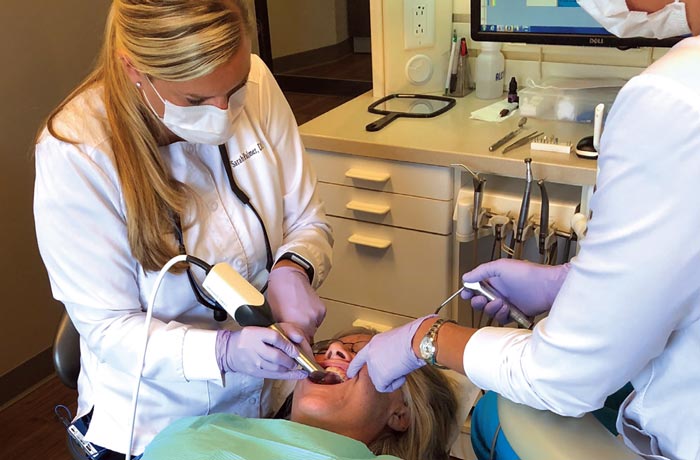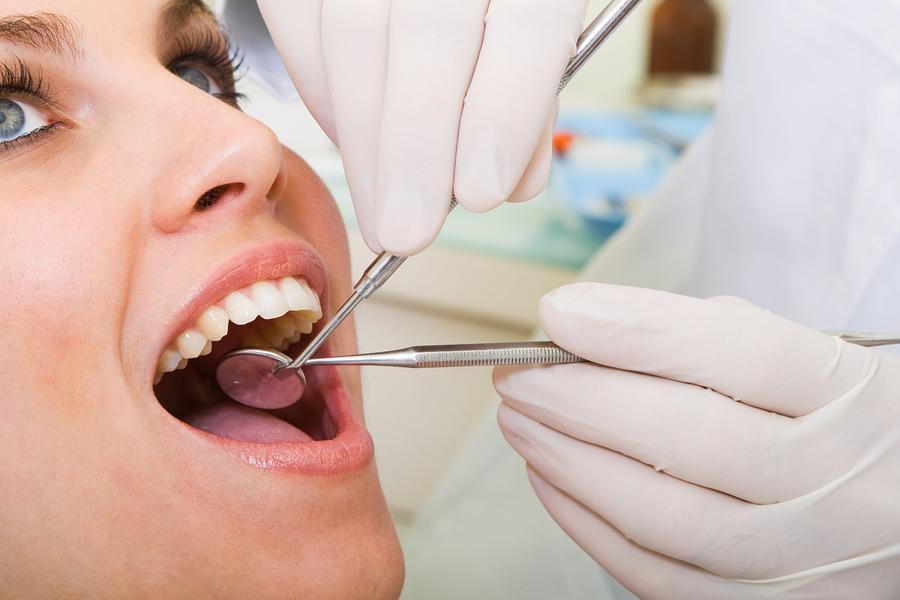Discover the Best Dentist in Eugene Oregon for Your Household's Oral Requirements
Discover the Best Dentist in Eugene Oregon for Your Household's Oral Requirements
Blog Article
Find Out About Regular Dental Worries Your Dental Expert Can Resolve
Recognizing frequent dental problems is important for maintaining ideal dental health. Problems such as dental caries, gum illness, tooth level of sensitivity, bad breath, and tooth decay are usual yet frequently ignored till they become serious. Routine dental brows through and customized treatment strategies can address these problems successfully, ensuring a healthier and brighter smile.
Dental Caries
Tooth cavities, also called tooth decays, are a widespread oral health problem caused by the demineralization of tooth enamel as a result of acid production from microbial plaque. This process starts when germs in the mouth metabolize sugars and starches from food, producing acids that deteriorate the enamel. If not dealt with promptly, this disintegration can penetrate much deeper into the tooth, influencing the dentin and eventually the pulp, potentially bring about extreme pain and infection.
The beginning of dental caries formation commonly present as white areas on the tooth surface area, indicating preliminary demineralization. As the procedure advances, these places can become brownish or black lesions, symbolizing more comprehensive degeneration. Regular oral exams are important for very early discovery, as tooth cavities in their inceptive phases can be treated with remineralization techniques, such as fluoride treatments.
Dentists generally eliminate the decayed part of the tooth and fill up the dental caries with products such as composite material, amalgam, or ceramic. Preventative actions, consisting of excellent dental health practices and nutritional adjustments, play a crucial role in minimizing the threat of dental caries.
Gum Tissue Condition
While tooth cavities represent a considerable issue for oral health and wellness, one more important problem that demands attention is gum tissue illness. Understood as periodontal disease, gum tissue illness is an inflammatory condition influencing the tissues surrounding and sustaining the teeth. It is mainly triggered by the buildup of plaque-- a sticky film of microorganisms that develops on teeth.
Gum condition advances via stages, beginning with gingivitis, identified by redness, swelling, and hemorrhaging periodontals (eugene dentist). If left without treatment, gingivitis can escalate to periodontitis, where the internal layer of the gum and bone retreat from the teeth, forming pockets that end up being contaminated. Gradually, the toxins created by the bacteria break down the bone and connective cells that hold teeth in location, potentially bring about tooth loss
Very early discovery and treatment are crucial. Expert oral cleanings and enhanced dental hygiene techniques, such as brushing twice everyday and flossing, can take care of gingivitis. For more sophisticated phases, therapies may consist of scaling and origin planing, antibiotics, and even medical treatments.
Normal dental check-ups play a crucial function in avoiding and taking care of gum condition. Dental experts can determine very early indications and advise proper treatments, ensuring the maintenance of healthy gum tissues and total dental health and wellness.
Tooth Level Of Sensitivity
Tooth sensitivity influences numerous people worldwide, providing an usual yet often traumatic dental concern. This condition emerges when the enamel, the outermost protective layer of the teeth, is endangered, disclosing the underlying dentin. The dentin has microscopic tubules that lead directly to the dental pulp, where nerves reside. When exposed to stimulations such as hot, chilly, wonderful, or acidic substances, these nerves are set off, causing sharp pain or discomfort.
Several factors add to enamel erosion and succeeding tooth sensitivity, including dig this aggressive cleaning, acidic foods and drinks, gum tissue economic downturn, and bruxism (teeth grinding) Additionally, dental treatments such as teeth bleaching can momentarily increase sensitivity.
Halitosis
One more prevalent oral concern that affects individuals' everyday lives is poor breath, medically called halitosis. Halitosis frequently stems from bad dental hygiene, which allows food fragments to stay in the mouth, fostering bacterial growth.

Dental practitioners play a crucial role in treating and identifying bad breath. They can recognize the root cause through an extensive examination and offer tailored advice and therapy strategies. Referrals might include boosting dental hygiene methods, such as normal brushing and flossing, utilizing anti-bacterial mouthwashes, staying hydrated, and attending to any type of dental issues. In some cases, a reference to a professional may be essential to tackle underlying illness adding to halitosis. Reliable management of halitosis not only enhances dental wellness but also substantially boosts lifestyle.
Dental Cavity

Avoiding dental cavity involves a combination of great oral hygiene techniques and regular dental exams. Cleaning teeth at the very least two times daily with fluoride tooth paste, flossing to get rid of plaque between teeth, and restricting the consumption of sugary foods and beverages are vital safety nets. Fluoride treatments, oral sealers, and specialist cleanings supplied by a dental expert can additionally play a considerable role in strengthening enamel and protecting against degeneration.
When dental caries occurs, early treatment is key. Dental professionals can remove corroded cells and restore the tooth with dental fillings made from products such as composite resin, amalgam, or porcelain. In more innovative situations, therapies like crowns, origin canals, or extractions might be necessary. By attending to dental cavity promptly, dental professionals assist maintain dental framework and function, ensuring lasting oral health.
Verdict
Resolving typical dental concerns such as cavities, gum tissue disease, tooth sensitivity, foul breath, and dental cavity is critical for preserving optimum navigate to this site dental health and wellness and general health. Dentists possess the experience to detect and deal with these concerns efficiently, guaranteeing customized take care of each individual. Routine dental check-ups and safety nets are essential in identifying and taking care of these issues early, advertising a healthier and extra positive smile over a lifetime.

Tooth degeneration, likewise known as oral cavities, takes place when the enamel, the outer layer of the tooth, is worn down by acids produced by microorganisms in the mouth. Cleaning teeth at the very least twice daily with fluoride toothpaste, flossing to remove plaque in between teeth, and restricting the consumption of sweet foods and beverages are necessary preventative steps.Addressing usual dental concerns such as cavities, gum condition, tooth level of sensitivity, poor breath, and tooth degeneration is crucial for keeping optimum oral wellness and overall well-being.
Report this page